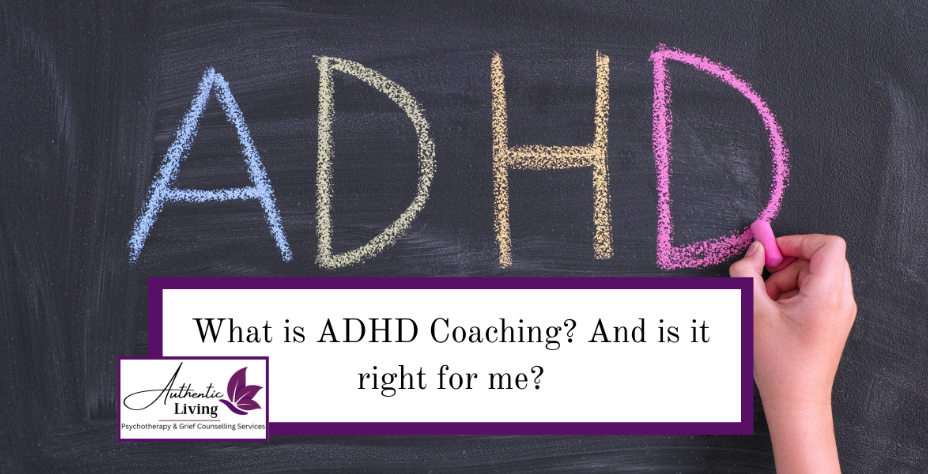Understanding Adolescent Anxiety: What Every Parent Needs to Know
- Nov 25, 2025
- 4 min read
Anxiety in adolescents is incredibly common, but that does not make it any less overwhelming for young people or their families. The teenage years bring huge changes. Teens are developing their identity, managing more school pressure, forming deeper relationships, and trying to understand their place in the world. When stress becomes too heavy, anxiety can grow quietly in the background until it starts to affect everyday life.

At Authentic Living London, we see how deeply anxiety can impact a young person. The good news is that with early support and the right tools, teens can learn to manage anxious thoughts, build confidence, and feel more in control again.
How Anxiety Can Look Different in Adolescents Compared to Adults
Anxiety does not show up the same way in teens as it does in adults. Adolescents are still developing emotionally, socially, and neurologically. Their brains are more sensitive to stress, and they often have fewer coping tools. Because of this, anxiety in teens can be more intense, unpredictable, or confusing for both them and their caregivers.
Here are some key differences:
Emotional Development is Still Ongoing
Teens feel emotions more strongly than adults because the part of the brain that manages emotions develops earlier than the part that helps with reasoning. This can make anxiety feel bigger, faster, and harder for them to control.
Social Pressure Plays a Larger Role
Adults often worry about work or family. Teens often worry about friendships, belonging, appearance, and how others see them. Anxiety can show up as fear of judgment, social withdrawal, or becoming overly focused on what peers think.
Identity Formation Can Amplify Stress
Adolescents are trying to figure out who they are. Anxiety can create confusion, self doubt, or fear of making mistakes, which may look like avoidance, irritability, or perfectionism.
Behavioural Changes Are Easier to Miss
Adults may explain their anxiety verbally. Teens often show it through behaviour, such as shutting down, snapping at family, or isolating. This can cause misunderstandings at home.
Because adolescent anxiety can be so different from adult anxiety, therapists who specialize in working with teens understand these developmental needs and communication styles. They are trained to build trust with young people, help them express themselves in a way that feels safe, and use approaches that match their stage of growth. This often leads to stronger engagement and better long term outcomes.
Common Signs of Anxiety in Adolescents
Anxiety can look different in teens than it does in adults. Some signs are easy to spot, while others are subtle and easily mistaken for typical teenage behaviour. Below are some of the most common indicators that anxiety may be present.
Emotional Signs
Constant worry, even about small things
Feeling overwhelmed or easily stressed
Irritability or anger
Avoidance of situations that once felt doable
Physical Signs
Trouble sleeping
Stomach aches, headaches, or body tension with no clear medical cause
Feeling restless or unable to relax
Rapid breathing or a racing heart
Behavioural Signs
Withdrawing from friends, family, or activities
Falling grades or trouble focusing
Perfectionism or fear of making mistakes
Spending more time alone or isolating
If these signs last for more than a few weeks or begin to affect daily life, it may be time to explore professional support.
How Therapy Can Help Adolescents Manage Anxiety
Therapy gives teens a safe space to talk openly without fear of judgment. Many adolescents struggle to share their feelings with parents because they worry about disappointing them or adding stress to the home. A therapist acts as a neutral support person who can listen, guide, and teach practical coping strategies.
Here are some ways therapy helps:
Building Emotional Awareness
Teens learn to understand what anxiety feels like in their body and mind. This awareness helps them catch early signs before anxiety grows too large.
Learning Coping Tools
Therapists teach helpful skills like grounding, problem solving, healthy thinking habits, and emotional regulation. These tools help teens feel more in control.
Reducing Avoidance
Avoiding stressful situations can make anxiety stronger. Therapy helps teens face fears in small, manageable steps.
Strengthening Confidence
As teens learn how to manage anxiety, they often gain confidence, independence, and a stronger sense of self.
Supporting Parents
Therapy can also include guidance for caregivers so they understand how to support their teen without increasing stress.
If your teen is struggling, reaching out for help early can prevent anxiety from becoming a long term challenge. You can book a session directly at Authentic Living London to get started.
When Anxiety Needs Professional Help
Consider therapy if you notice any of the following:
Anxiety is impacting school, friendships, or family life
Your teen avoids activities they once enjoyed
Their sleep, appetite, or daily routines have changed
Panic attacks or sudden intense fear
Comments about feeling hopeless or overwhelmed
Growing isolation
You know your child best. If something feels off, trusting your instincts can make a significant difference.
Meet Karissa Paterson: Helping Teens Feel Seen, Heard, and Supported

Karissa Paterson is one of our dedicated therapists at Authentic Living London who focuses on working with adolescents. Karissa has an extensive work history focused on adolescents including youths as risk of homelessness and addiction. She understands the unique ways anxiety shows up during the teenage years and creates a warm, comfortable, and non judgmental space where teens can talk openly and learn tools that truly help. Karissa works from a place of deep compassion and believes that when teens feel understood, they are more likely to engage in therapy and make meaningful progress.
If you feel your teen may benefit from working with Karissa, you can book a session today. We are here to support your family every step of the way.









Comments